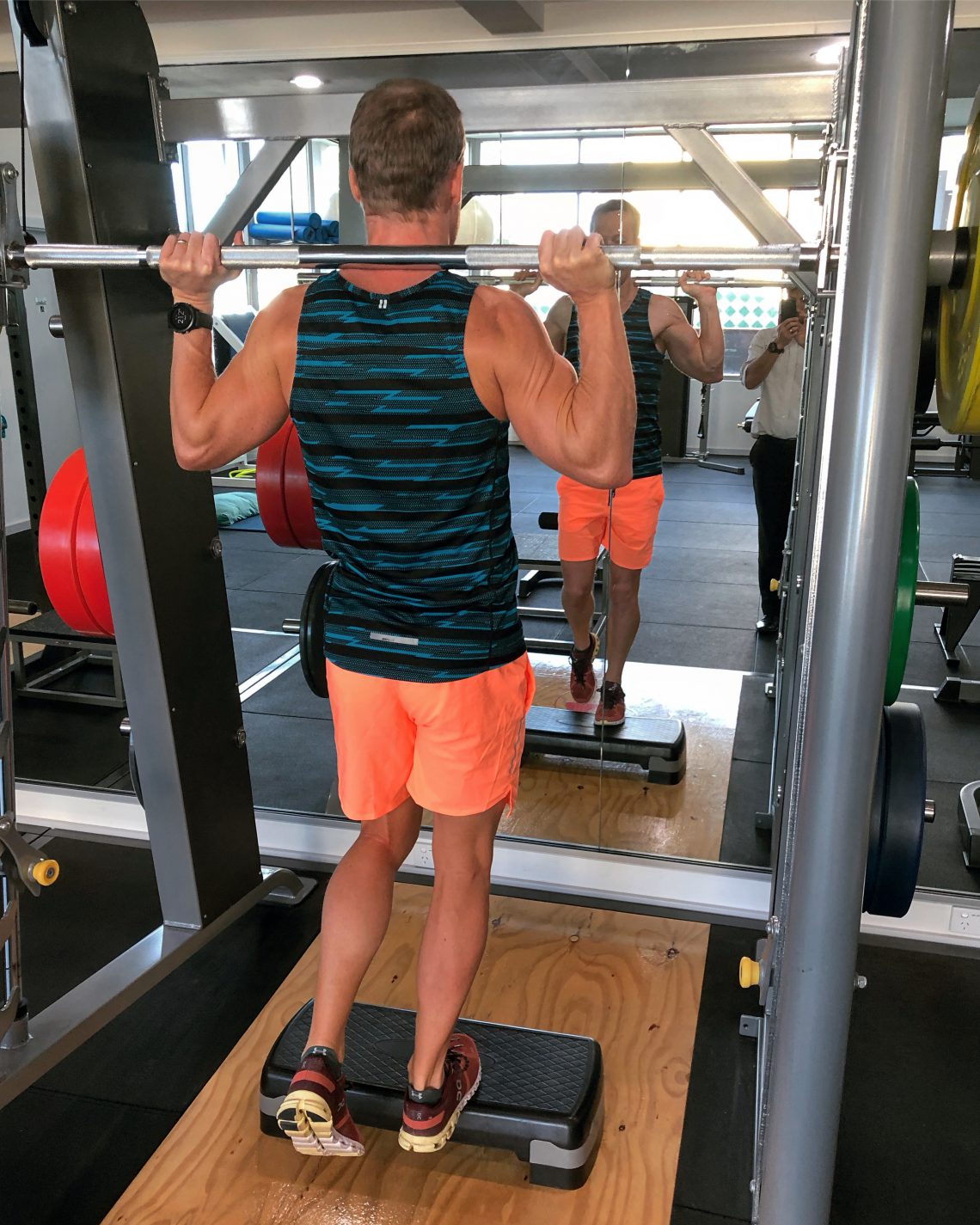
Progress over perfection
Fitness progress requires training and recovery. Training is training and provided you are recovering adequately there isn’t necessarily bad training. The key to training is about consistency, you will always seem better improvement from several sessions each week compared with a weekly epic training session. In this topic of progress over perfection, I want to focus on the major points of training and recovery to provide progress. There is so much information out there, that it can overwhelm. It is a waste of time focusing on the one-percenters if you still haven’t figured out the basics. Always keep it simple, there is no need to complicate things. To grow you need stimulus and recovery, that is it.
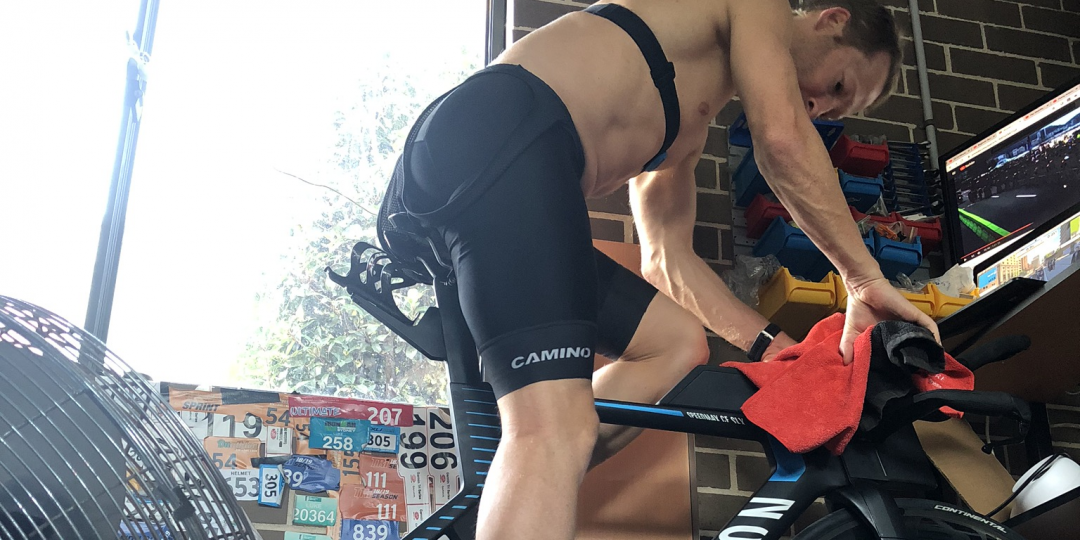
Stimulus
To get stronger and faster our bodies need to grow. We need training stimulus to allow this growth when resting. As a triathlete though there are so many aspects to train. Everyone wants a short cut, to be xzy fast or achieve this time within 10 weeks. 10 weeks when starting out seems like a very long time, but endurance sports rewards consistency over the long term (years). The best way to improve is having a coach to help provide the best stimulus personalise to your weakness, but not everyone can hire a coach. When training yourself, focus on the fundamentals first, stimulus in swim, bike and run. Depending on age, strength and conditioning will become a fundamental part of continuing to swim, bike and run. I would recommend strength and conditioning to all ages, but over the age of 30, it becomes critical in allowing continued training.
Consistently providing your body stimulus is how you improve as an athlete. Don’t worry about all the hype that keeps coming out, ‘this session is the quickest way to improve XYZ’ as long as you swim, bike, run every week, this provides a stimulus for growth. Keep it simple with these 2 rules:
- Enjoy the training
- Make sure you don’t overdo it and ask the question can I do one more?
It’s better to go into a race 10% undertrained than 1% overtrained.
Dr. Steve Gangemi
As long as you provide yourself with the regular stimulus in swim, bike and run, you can progress. For most it doesn’t what that session is, so don’t stress about the small one-percenters. Remember, progress over perfection. The key after providing the stimulus is recovering.
Recovery
Recovery provides an opportunity for you to absorb the work you’ve done while training.
Many products are promoted to improve recovery such as cryotherapy but there’s no evidence* to support these claims. Instead of having a complicated recovery routine, just focus on the 2 evidence-based techniques: nutritional food and sleep. In Australia where we have easy access to good food, most still don’t eat that well as shown below.
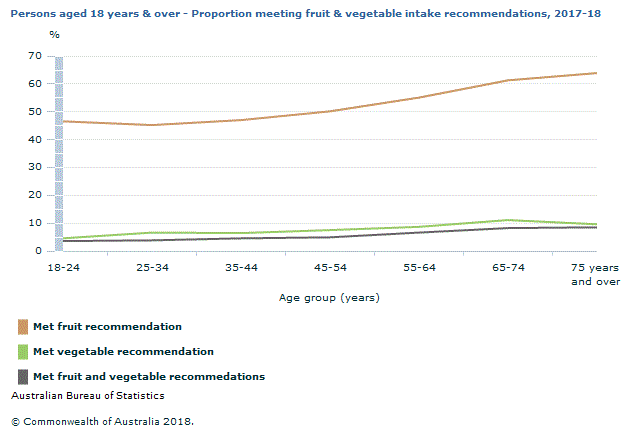
Nutritional food
Getting adequate nutrition your body needs to recover is important. Fuelling before and during training always has a significant impact on recovery. Diet doesn’t have to be perfect. But just like training it’s something to keep working on and progressing with slowly. Trying to have a perfect diet will set yourself up to fail. Instead, make achievable goals to work towards. To start with try to just achieve:
- Keeping hydrated throughout the day
- Have some vegetables every day
- Pick 2 days were you don’t have any sweets
Coming back to fuelling around training, in my personal experience, I’ve observed a marked difference in how I perform and also recover if I’ve got enough energy during the session. This means when going long, topping up along the way so I can maintain the quality. Whenever I run low on energy, I find the following day after that training session is impacted too, as my body is obviously still trying to recover. For those sessions where you want to train fasted, the key is to keep it easy! The goal is obviously about improving fat burning, which only happens when it’s easy. Climbing hills during these sessions are more intense than ideal unless you intend walking.

Sleep
Sleep provides the environment for the body to repair and grow. Without enough sleep, I’d dig myself a gigantic hole that is over-training. Unless you are recovering from the training you are doing, there is no point in adding more load. Sleep quality is definitely impacted by your nutritional choices, so keep that in mind if struggling to get enough. My 2 pointers for better sleep:
- Make a routine, go to bed and wake up at a similar time every day.
- Avoid screens for the hour proceeding your bedtime.
I work for an overseas company, so the second point is something I really struggle with because of time zones and if not work, then social media is a challenge too. But I notice a sizeable difference when I’m disciplined enough to stay off anything with a screen for that hour proceeding sleep time. Try it, the aim is to improve not be perfect.
Remember, progress is better than perfection!


You May Also Like
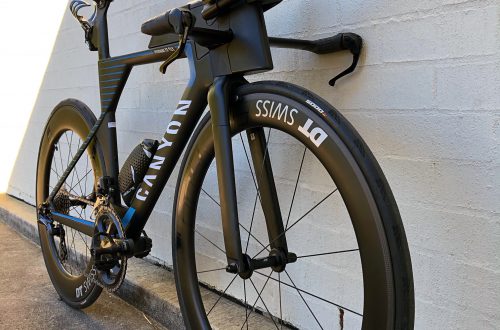
Rest
September 26, 2019
Importance of sleep
September 18, 2019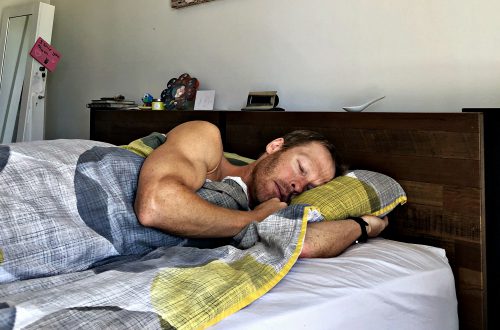
Is being sick all bad?
November 8, 2019Newsletter
Stay in touch, including tips and training sessions to improve.
Thank you!
You have successfully joined our subscriber list.
- luke@lukejonestri.com
- Sydney, NSW, Australia
Copyright © Luke Jones

